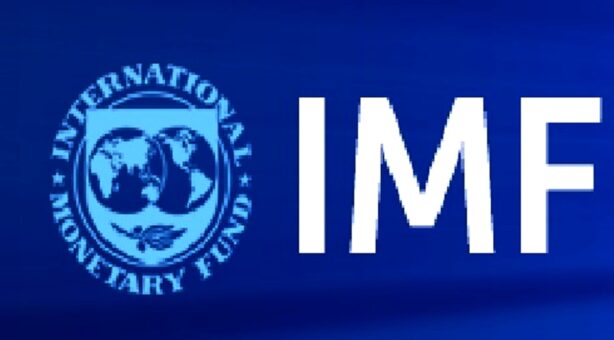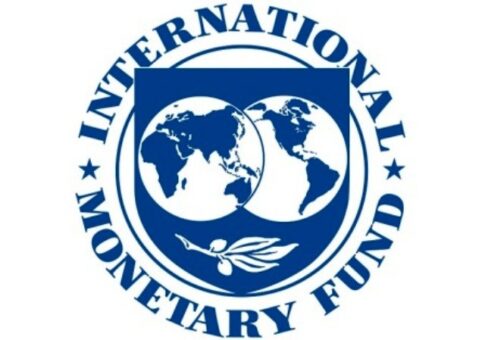Washington, DC: International Monetary Fund (IMF) on Monday started distribution of the largest ever allocation of $650 billion to provide additional liquidity to the global economic system.
Ms. Kristalina Georgieva, Managing Director of the IMF made the following statement on Monday:
“The largest allocation of Special Drawing Rights (SDRs) in history—about US$650 billion—comes into effect today. The allocation is a significant shot in the arm for the world and, if used wisely, a unique opportunity to combat this unprecedented crisis.
“The SDR allocation will provide additional liquidity to the global economic system – supplementing countries’ foreign exchange reserves and reducing their reliance on more expensive domestic or external debt. Countries can use the space provided by the SDR allocation to support their economies and step up their fight against the crisis.
“SDRs are being distributed to countries in proportion to their quota shares in the IMF. This means about US$275 billion is going to emerging and developing countries, of which low-income countries will receive about US$21 billion – equivalent to as much as 6 percent of GDP in some cases.
“SDRs are a precious resource and the decision on how best to use them rests with our member countries. For SDRs to be deployed for the maximum benefit of member countries and the global economy, those decisions should be prudent and well-informed.
“To support countries, and help ensure transparency and accountability, the IMF is providing a framework for assessing the macroeconomic implications of the new allocation, its statistical treatment and governance, and how it might affect debt sustainability. The IMF will also provide regular updates on all SDR holdings, transactions, and trading – including a follow-up report on the use of SDRs in two years’ time.
“To magnify the benefits of this allocation, the IMF is encouraging voluntary channeling of some SDRs from countries with strong external positions to countries most in need. Over the past 16 months, some members have already pledged to lend US$24bn, including US$15 billion from their existing SDRs, to the IMF’s Poverty Reduction and Growth Trust, which provides concessional loans to low-income countries. This is just a start, and the IMF will continue to work with our members to build on this effort.
“The IMF is also engaging with its member countries on the possibility of a new Resilience and Sustainability Trust, which could use channeled SDRs to help the most vulnerable countries with structural transformation, including confronting climate-related challenges. Another possibility could be to channel SDRs to support lending by multilateral development banks.
“This SDR allocation is a critical component of the IMF’s broader effort to support countries through the pandemic, which includes: US$117 billion in new financing for 85 countries; debt service relief for 29 low-income countries; and policy advice and capacity development support to over 175 countries to help secure a strong and more sustainable recovery.”





